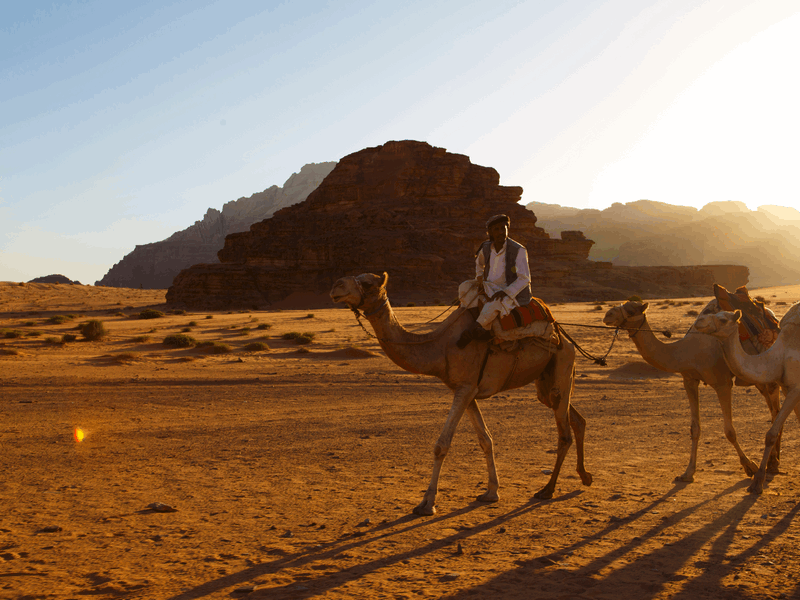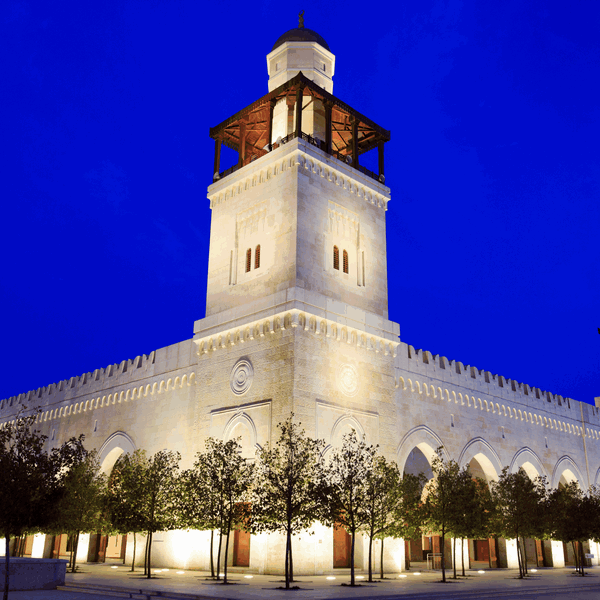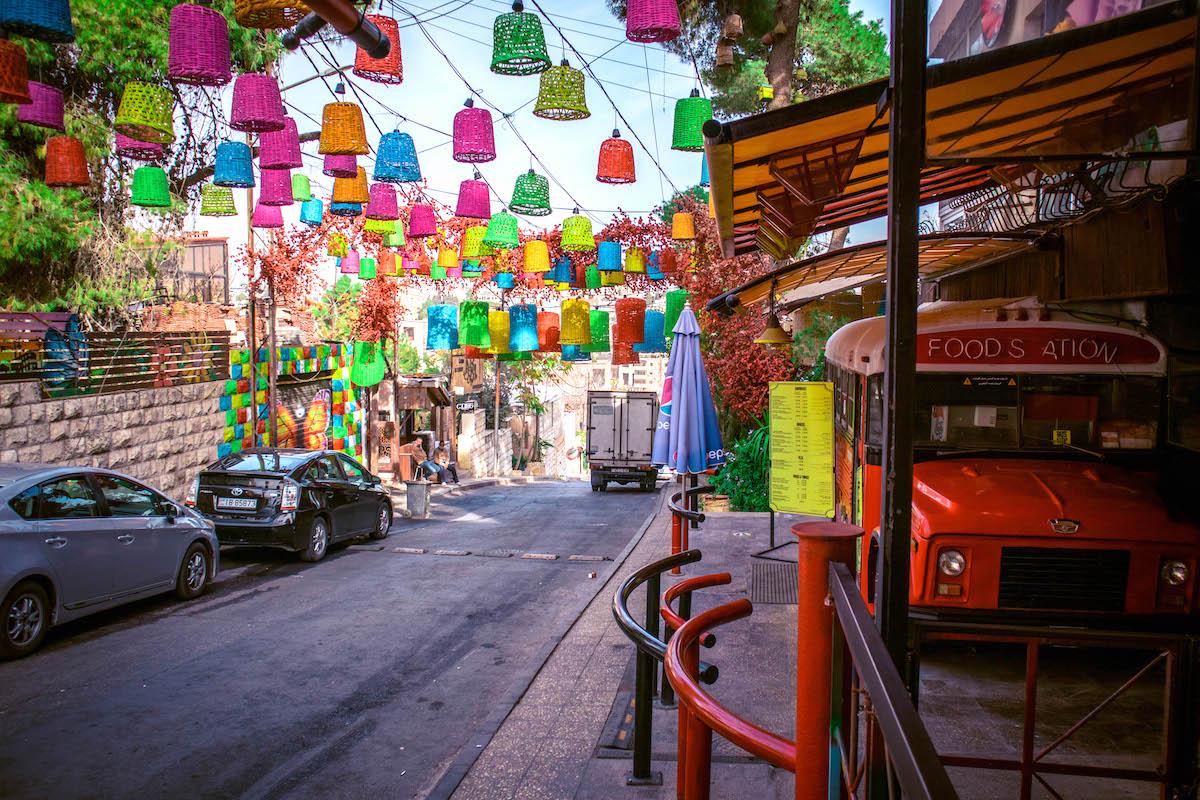Jordan, a country nestled in the heart of the Middle East, has a rich history of leadership that has shaped the nation’s path and cemented its importance on the global stage. Since its establishment as an independent state in 1946, the Hashemite Kingdom of Jordan has been guided by a series of visionary rulers who have navigated challenging times and spearheaded significant reforms. This article delves into the remarkable lineage of the Jordanian monarchs, highlighting their contributions, challenges faced, and their enduring impact on the country and its people.
King Abdullah I (1921-1951):
The founder of modern Jordan, King Abdullah I, played a pivotal role in shaping the nation’s identity and establishing its place in the international community. Leading the country through its early years, he successfully navigated the turbulent period of regional conflicts and territorial disputes, ultimately securing Jordan’s independence. King Abdullah I is remembered for his commitment to pan-Arab unity, his role in the Arab-Israeli conflict, and his efforts to modernize Jordan’s infrastructure and institutions.
King Talal (1951-1952):
Following the assassination of his father, King Talal ascended the throne for a brief period, during which he championed progressive policies and reforms. Despite his short reign, he initiated significant social and economic changes, promoting education, healthcare, and land reform. However, due to health concerns, King Talal abdicated the throne, paving the way for his young son to become the next ruler.
King Hussein (1952-1999):
One of the longest-reigning monarchs in history, King Hussein’s rule spanned nearly five decades and witnessed transformative changes for Jordan. He skillfully navigated the challenges of regional conflicts, including the Arab-Israeli conflicts, the Gulf War, and the rise of Palestinian nationalism. King Hussein’s unwavering commitment to peace and stability earned him international recognition, and he played a key role in facilitating peace negotiations in the region. His reign also saw significant economic growth, modernization efforts, and the establishment of democratic institutions.
King Abdullah II (1999-present):
The current ruler of Jordan, King Abdullah II, has built upon his father’s legacy, steering the country through the complex dynamics of the 21st century. Facing global challenges such as terrorism, refugee crises, and economic fluctuations, King Abdullah II has worked to ensure Jordan’s stability and prosperity. He has prioritized economic reforms, technological advancements, and social development, while also advocating for peace and dialogue on the international stage. King Abdullah II’s efforts to promote interfaith harmony and foster regional cooperation have solidified Jordan’s role as a stabilizing force in the Middle East.
Conclusion:
The rulers of Jordan have played an instrumental role in guiding the nation through times of uncertainty, conflict, and progress. From the visionary leadership of King Abdullah I to the enduring legacy of King Abdullah II, each ruler has left an indelible mark on Jordan’s history. Their dedication to the well-being of their people, their pursuit of peace, and their commitment to progress have shaped Jordan’s identity and positioned it as a resilient and influential country in the Middle East. As Jordan continues its journey, the impact of its rulers’ legacies remains an integral part of the nation’s story.





